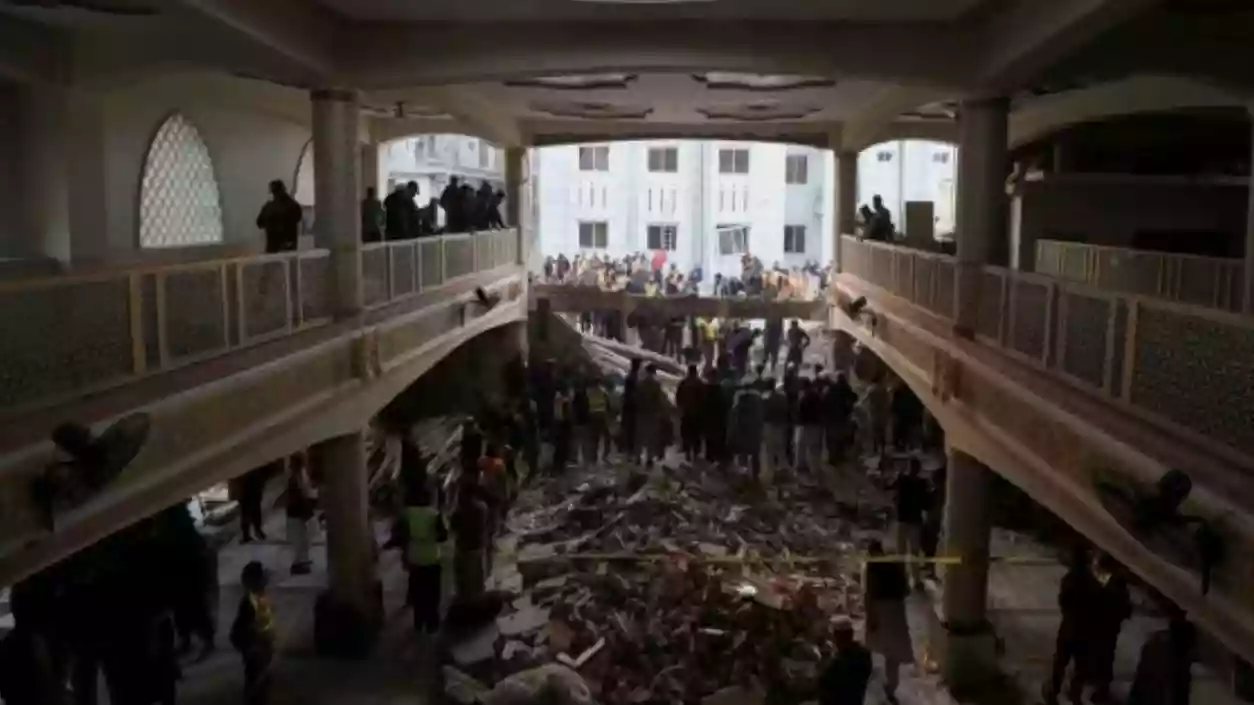.gif)
.gif)

A powerful IED blast struck the Maulana Abdul Aziz Mosque in South Waziristan during Friday prayers, injuring four people, including Abdullah Nadeem, a local leader of the Jamiat Ulema-e-Islam-Fazl (JUI-F) party. The explosion occurred at 1:45 pm local time, causing panic among the worshippers. The blast appears to have been aimed at Nadeem, and authorities are still working to determine who was responsible for the attack.
According to officials, the improvised explosive device (IED) was planted inside the mosque’s pulpit, specifically targeting Nadeem, the district chief of the JUI-F. The blast left Nadeem critically injured, and he was immediately rushed to a nearby hospital for medical treatment. Local authorities have confirmed that two children were also among the injured. The names of the other three victims have been identified as Rehmanullah, Mullah Noor, and Shah Behran, who sustained minor injuries in the explosion.
The blast occurred at a time when mosques in Khyber Pakhtunkhwa, particularly during Friday prayers, have been frequent targets of violence in recent months. Police and security forces were quick to cordon off the area around the mosque. District Police Officer Asif Bahader confirmed that the police have already begun gathering evidence at the site of the explosion, and an investigation is underway to determine the exact cause and perpetrators of the attack.
This incident follows a series of high-profile militant attacks across Pakistan, including the deadly suicide bombing at the Darul Uloom Haqqania seminary in Nowshera last month, which killed six people, including JUI-S leader Maulana Hamidul Haq Haqqani. In that attack, 15 others were injured. The country has also witnessed a surge in separatist militant activities in Balochistan, further intensifying concerns over growing extremism.
The Waziristan blast also comes on the heels of another wave of violence in the region, with Pakistani authorities accusing Afghanistan of providing safe havens to militants operating across the border. Despite these allegations, the Afghan Taliban has denied any involvement or sheltering of such groups. Pakistan's government has pledged to take stricter measures against rising militancy, vowing to intensify security operations against militants and extremists.
Security forces are on high alert in the wake of the blast, particularly given the ongoing holy month of Ramadan. Authorities are focusing on securing religious sites and ensuring public safety as investigations into the Waziristan mosque bombing continue. The incident has further highlighted the volatile security situation in the region, with local authorities stepping up efforts to prevent additional violence.